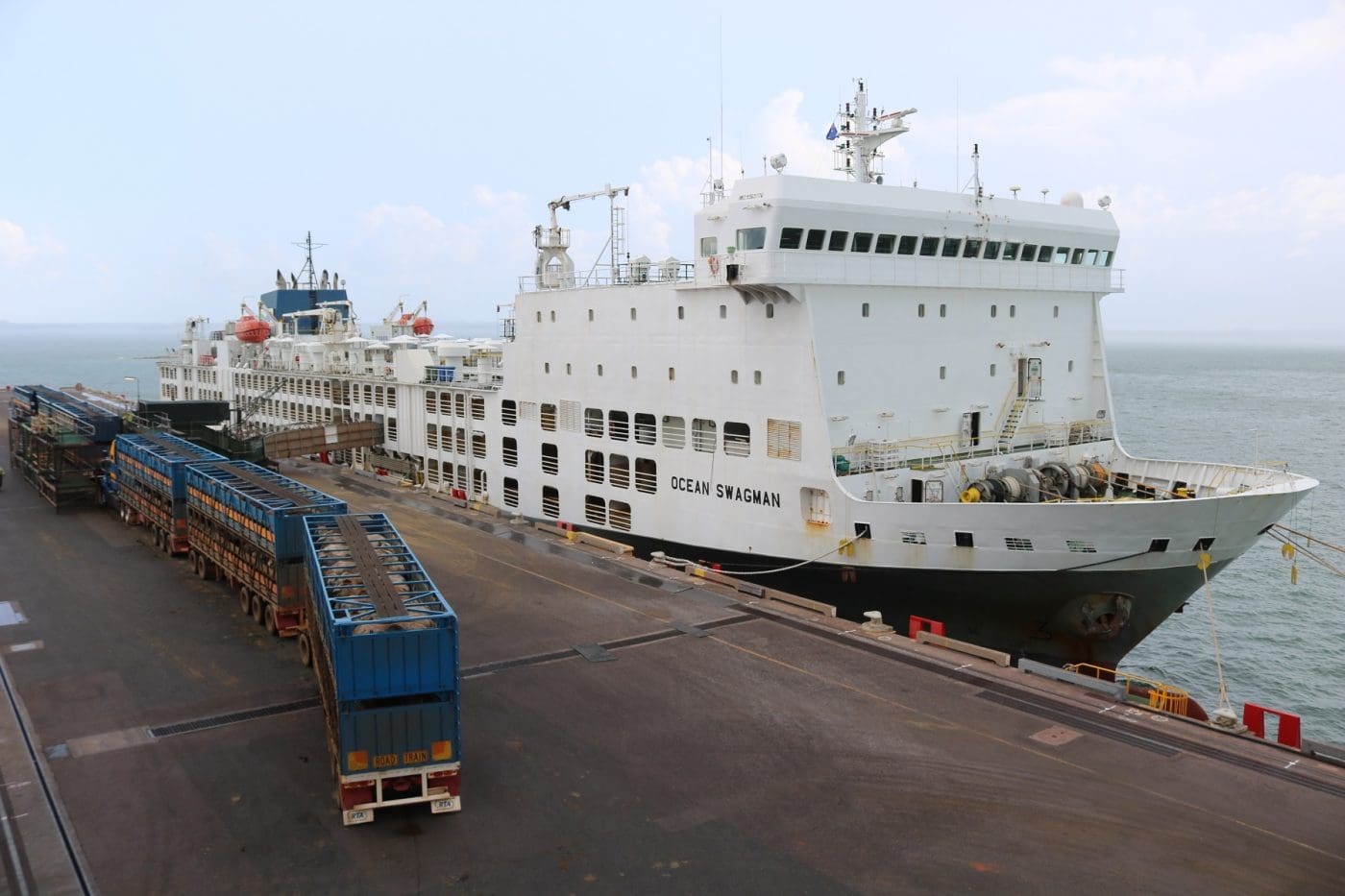A GROUP of academics from some of the country’s most respected institutions have this week decided that the live export industry has too much power.
Yep, you read that right – that is the conclusion of a peer-reviewed study funded by the World Health Organisation.
The research was published in conjunction with an article on The Conversation which makes the broad claim that “production, trade and consumption of meat is harmful in many ways”, while failing to acknowledge that huge amounts of scientific evidence exist to the contrary.
Led by Deakin University researcher Katherine Sievert, with Deakin’s Mark Lawrence, the University of Melbourne’s Christine Parker and The University of Sydney’s Phillip Baker, the study on the power of “big meat” looked into three case studies where the industry was supposedly possessing too much power.
The case studies included soybean production in Brazil, labour standards in United States processing plants and the Australian live export industry.
While the researchers cherry-picked facts and made big assumptions, a quick flick through Beef Central or any other rural media outlet could have debunked the conclusion on live exports before the researchers spent the time and money.
A phase out of live sheep exports has just been legislated despite a united agriculture industry lobbying against it and the cattle industry is still waiting on compensation from a snap live export ban 13-years-ago that was found to be illegal in the Federal Court.
The idea that the Australian live export industry has any power over the Department of Agriculture could also be questioned by the many concerns the industry has been raising about the department’s direction over the past year. You could also mention the hundreds of healthy cattle that were rejected from export ships because they had skin blemishes and the department was taking a conservative approach to Indonesia’s lumpy skin disease concerns.
The paper is worded in a similar way to anti-meat activist reports that are being published almost daily at the moment. The activists are getting increasingly outrageous with their claims and loose with facts. They are also purporting to be impartial sources like journalists and, in this case, researchers.
“Big meat” or “big beef” is a phrase the activists are using in their reports – including this one Beef Central covered last week. They are obviously conflating the meat industry with “big tobacco” and “big fossil fuels”, both of which have a reputation of using slick and underhanded public relations campaigns to distract from the respective health and climate problems they are associated with.
The characterisation ignores the fact that Australia has a diverse array of beef producers, 52,000 levy payers, and that the industry has been consistently found as an important part of diets and land management.
The research paper is unclear on who “big meat” is, especially with the Australian live export industry, which raises questions about why the phrase was used in the first place.
As Swiss scientist Peer Ederer recently told Beef Central, the role of science is vastly different to the role of activists. Prof Ederer says scientists are supposed to be aiding discovery and building evidence rather then coming up with their own policies.
He is part of a group of scientists who have been raising concerns about other scientists letting their work be influenced by their ideology, particularly the ideology that the world needs to move away from meat and livestock. Last year, they formulated the Dublin Declaration recognising meat and livestock as essential to the planet, which has been signed by more than 1200 scientists.
While difficult to read through all the papers cited in this week’s Deakin University study, a cursory glance at some of the headlines and excerpts demonstrated just how much scientific literature is out there attacking the Australian beef industry.
In another article today, Beef Central has highlighted several examples from the live export section where crucial facts have been left out.
The fact that this article article has attracted funding from some of the world’s most important health organisations and passed the peer review process of respected universities raises questions about the rigour of the other research attacking the industry.

